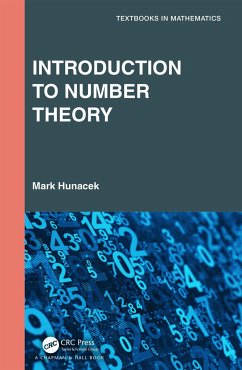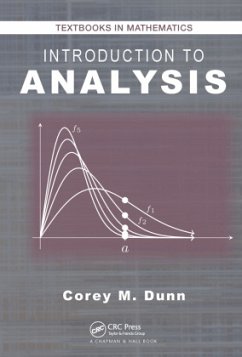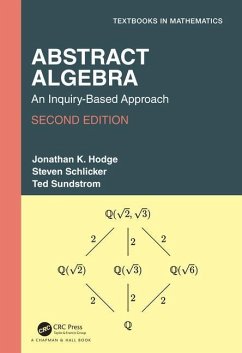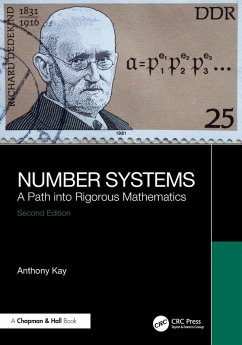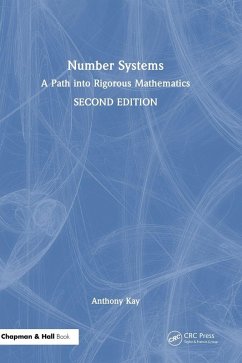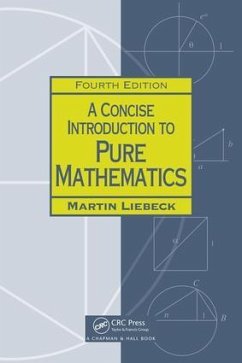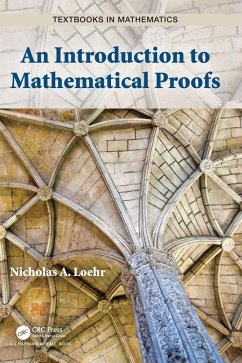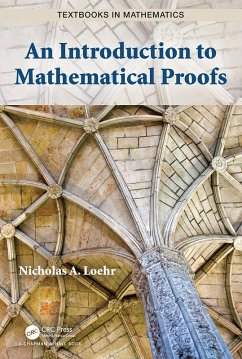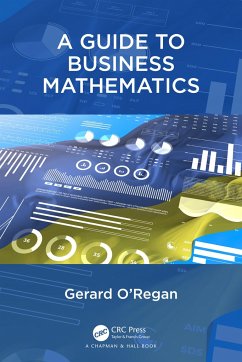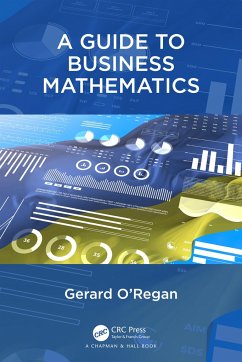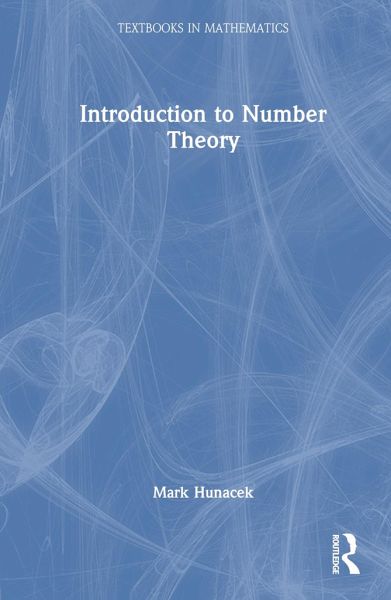
Introduction to Number Theory
Versandkostenfrei!
Versandfertig in 6-10 Tagen
94,99 €
inkl. MwSt.
Weitere Ausgaben:

PAYBACK Punkte
47 °P sammeln!
Introduction to Number Theory covers the essential content of an introductory number theory course including divisibility and prime factorization, congruences, and quadratic reciprocity. The instructor may also choose from a collection of additional topics.Aligning with the trend toward smaller, essential texts in mathematics, the author strives for clarity of exposition. Proof techniques and proofs are presented slowly and clearly.The book employs a versatile approach to the use of algebraic ideas. Instructors who wish to put this material into a broader context may do so, though the author i...
Introduction to Number Theory covers the essential content of an introductory number theory course including divisibility and prime factorization, congruences, and quadratic reciprocity. The instructor may also choose from a collection of additional topics.
Aligning with the trend toward smaller, essential texts in mathematics, the author strives for clarity of exposition. Proof techniques and proofs are presented slowly and clearly.
The book employs a versatile approach to the use of algebraic ideas. Instructors who wish to put this material into a broader context may do so, though the author introduces these concepts in a non-essential way.
A final chapter discusses algebraic systems (like the Gaussian integers) presuming no previous exposure to abstract algebra. Studying general systems helps students to realize unique factorization into primes is a more subtle idea than may at first appear; students will find this chapter interesting, fun and quite accessible.
Applications of number theory include several sections on cryptography and other applications to further interest instructors and students alike.
Aligning with the trend toward smaller, essential texts in mathematics, the author strives for clarity of exposition. Proof techniques and proofs are presented slowly and clearly.
The book employs a versatile approach to the use of algebraic ideas. Instructors who wish to put this material into a broader context may do so, though the author introduces these concepts in a non-essential way.
A final chapter discusses algebraic systems (like the Gaussian integers) presuming no previous exposure to abstract algebra. Studying general systems helps students to realize unique factorization into primes is a more subtle idea than may at first appear; students will find this chapter interesting, fun and quite accessible.
Applications of number theory include several sections on cryptography and other applications to further interest instructors and students alike.





